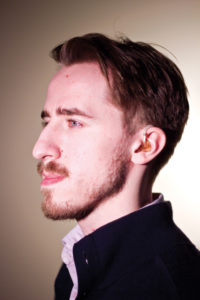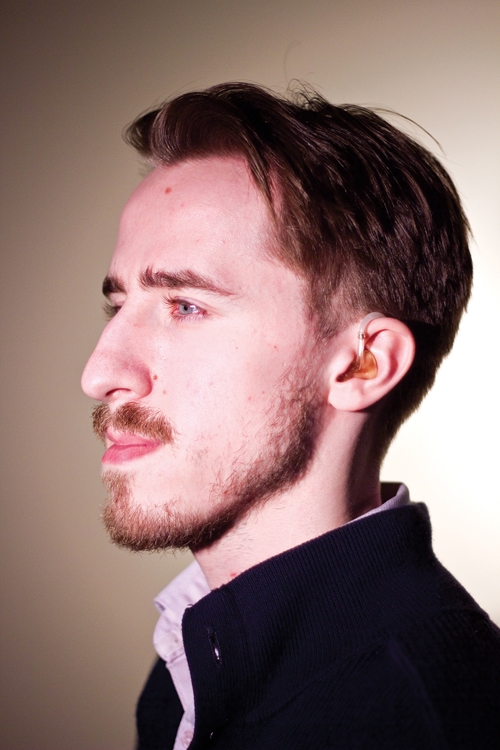 Welcome to Excalibur’s first-ever Abilities supplement.
Welcome to Excalibur’s first-ever Abilities supplement.
I’m not the only one who thinks it’s about damn time.
When I started this project, it was originally an experiment. I was unsure whether students wanted to write about ability and accessibility at York. This experiment has succeeded, to put it lightly. I’ve received interest from undergrads, mature students, and even from students at other Ontario campuses. Students want to write about abilities and access.
Access and disability are mainstream topics. They aren’t the exclusive domain of political activist publications like YU Free Press.
In putting the supplement together, I did my best to prevent my own background from clouding the direction. I have a 30-per-cent bilateral hearing loss and I’m a survivor of epilepsy: seizure-free for 10 years. For the first-ever Abilities supplement, we have an excellent mix between physical and mental disabilities facing students.
Language is a recurrent theme here. Alex Hum’s centrespread article profiles York’s efforts to find ASL interpreters for its deaf students, despite a province-wide shortage. Alexandra Romano breaks down the power and violence of the r-word. Finally, we have a review of Jordan Scott’s blert and his “poetics of stuttering” by John Nyman, an excellent poet and critic in his own right.
The supplement also confronts the real struggles faced by young people, disabled by their world. Cristal Reddick’s reflection is an honest story of discovering a learning disability at York, one that needed to be told. Mike Mannarino explores potential ableism for new grads and Hamid Adem interviews Mark C. Barlet, co-founder of AbleGamers.com.
I believe in a social model of disability. Society is designed to reward people within a very narrow range of bodies and abilities. Those who live in that privileged range eventually fall out of it. The goal of a truly accessible society benefits everyone.
In making this supplement, I want to thank Dr. Neita Israelite and Access York, who helped make ASL interpretation possible, and Kaley Roosen, for exposing me to the broad York community of disabled students over the years.
I want to thank Sonia Gupta and Cassandra Piazz at Able York for narrowing my editorial vision and opening my mind to what access can mean.
Most of all I want to thank my sisters, Tess and Sabriina, and my parents for teaching me not to be ashamed of who I am, and for helping me exorcise my internalized ableism over the years. This supplement has been a cathartic experience for me. When future editors make future Abilities supplements, I hope they’ll experience the same catharsis.
With that, I hope you enjoy the rest of the supplement.
![]() Ernest Reid Science & Technology Editor @ernestreid
Ernest Reid Science & Technology Editor @ernestreid


